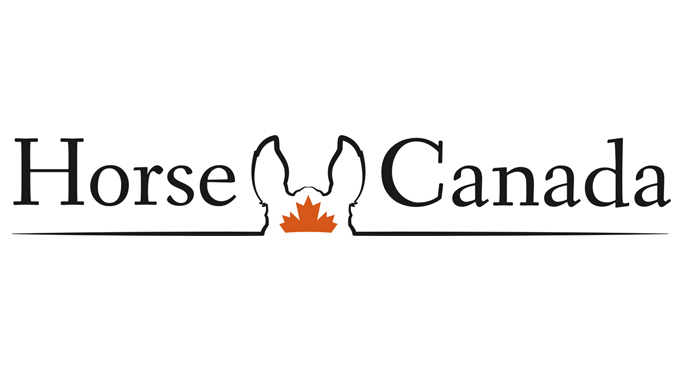 So we all know that you should limit your overweight horse’s calorie intake if he is on a diet, and after eliminating grain, some horses also need to have limited hay. In order to prevent stereotypic behaviour development and boredom, …
So we all know that you should limit your overweight horse’s calorie intake if he is on a diet, and after eliminating grain, some horses also need to have limited hay. In order to prevent stereotypic behaviour development and boredom, …



The Equine Science Society recently held their symposium, and as usual, there was an excellent assortment of equine research studies in areas of nutrition, exercise physiology, reproduction, genetics, production and management, and teaching and learning. In the next few months …

Ensuring your horse is getting all of his required nutrients is important for his overall health and nutrition. As a nutritionist, I feel the best way to determine if a diet is meeting a horse’s nutritional needs is to evaluate …

It is pretty common knowledge that too much starch in a horse’s diet can increase the risk of colic or laminitis, and may contribute to the development of insulin resistance. Many owners also blame sweet feeds or other high starch …

Often, I am asked about feeding horses with allergies, which tends to confuse me because there are very few documented cases of true food allergies. In fact, most allergens for horses are environmental – mold, pollens, mites and other insects, …

I was interested to find the recent paper by Roberts and Murray titled, “Equine Nutrition in the USA: A review of perceptions and practices of horse owners and veterinarians,” a paper accepted for publication in the Journal of Equine Veterinary …

Dr. Brennan of the Center for Animal Nutrigenomics and Applied Animal Nutrition at Alltech, Inc in Nicholasville, KY, and Dr. Urschel of the Department of Animal and Food Sciences at the University of Kentucky in Lexington, KY (and fellow Canadian) …

Ever wonder why your horse might select and prefer one feed over another? Redgate, Cooper, Hall, Eady and Harris reported on feed selection in the Journal of Animal Science (published online February 4, 2014); “Dietary experience modifies horses’ feeding behavior …

Nagy, Murray and Dyson recently published a study in the first issue of the 2014 Equine Veterinary Journal (Volume 46, pages 38-44), titled Descriptive epidemiology and risk factors for eliminations from Fédération Equestre Internationale endurance rides due to lameness and …

Longland, Barfoot and Harris have conducted extensive research on non-structural carbohydrates (NSC) in forages and feeding management. Their most recent work is forthcoming in the Veterinary Record (doi:10.1136/vr.101820), titled Effect of period, water temperature and agitation on loss of water-soluble …